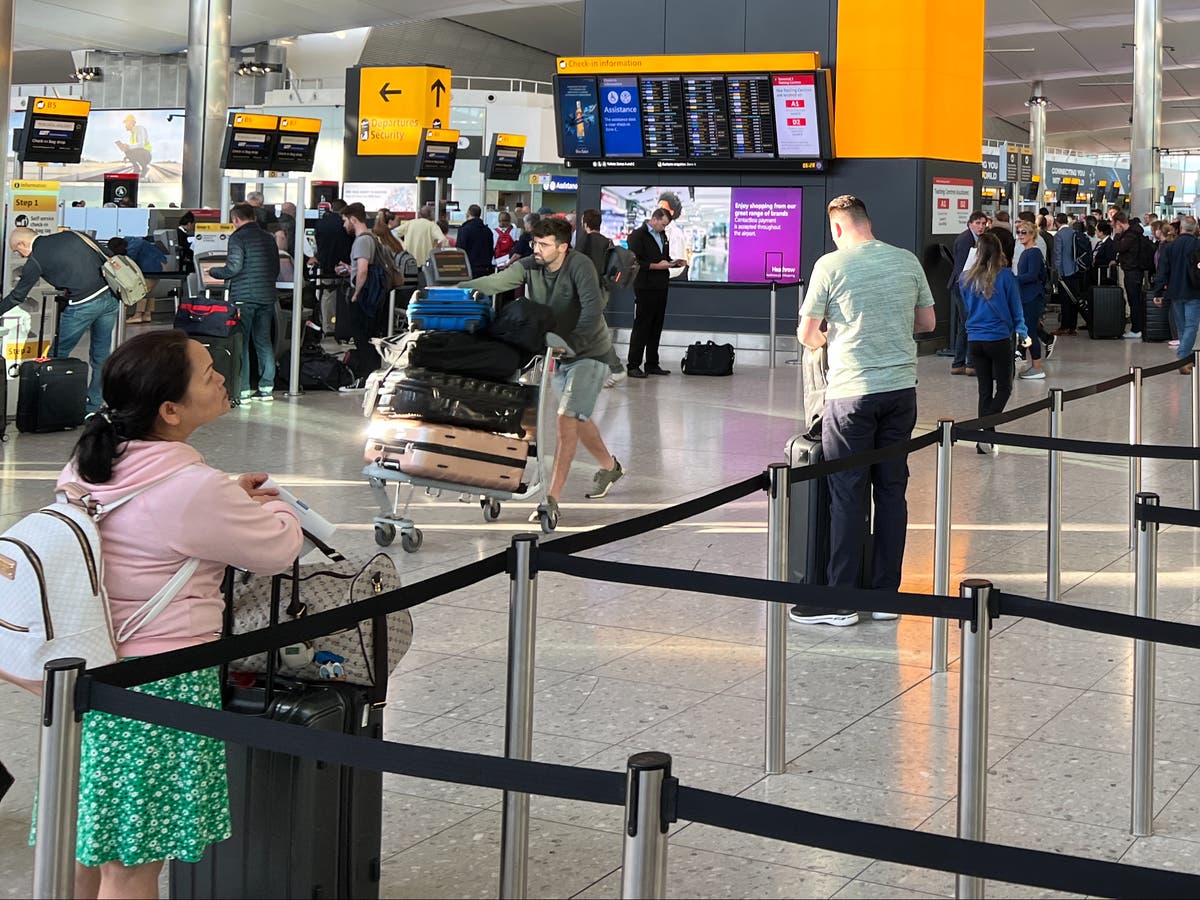This website uses cookies so that we can provide you with the best user experience possible. Cookie information is stored in your browser and performs functions such as recognising you when you return to our website and helping our team to understand which sections of the website you find most interesting and useful.

The point of aviation is to connect the people of planet earth. Heathrow airport aims “to give passengers the best airport service in the world”. It makes money from enabling as many people as possible to fly. So for it to suppress the number of travellers who can avail of its services is one of the strangest aspects of the increasingly weird summer of 2022.
To refresh your memory: three weeks ago Heathrow suddenly imposed a cap of 100,000 departing passengers per day. That is 4,000 shy of the average number of daily bookings to leave the airport during the summer, and more than 20,000 short of the available seats.
Given that the world, his wife, their extended family and assorted hangers-on all seem to want to fly this summer, you would expect many of those 20,000 seats to be snapped up, many at short notice.
Instead, Heathrow is doing what it can to reduce the number of people parking their cars, drinking coffee and spending in duty-free shops in peak season. And airlines have stopped selling those immensely lucrative last-minute tickets.
Heathrow has lost billions during the coronavirus pandemic, yet is prepared to forego revenue in order to reach an elusive destination: resilience.
The consumer detriment is significant: choice is reduced and fares are painfully high. For example on Flybe from Heathrow to Belfast City, a route on which British Airways has ceased sales until 16 August, £300 was the starting price for travel on 3 August.
So what is going on with Heathrow?
“In recent weeks the airport has struggled to cope as passenger volumes increased beyond the collective capacity of companies across the airport to serve them,” says its latest announcement.
“This resulted in an unacceptable increase in delays to get planes on to stand, bags not travelling with passengers or being delivered very late to the baggage hall, low departure punctuality and some flights being cancelled after passengers had boarded.
“That’s why we introduced a cap on daily departing passenger numbers. The cap has slightly reduced passenger numbers bringing them into line with available resources, and as a result, is already resulting in better, more reliable journeys for passengers.”
The airport is not shy of a bit of finger-pointing: “Heathrow is keen to get back to operating without a cap as quickly as possible, but that is dependent on teams across the airport, notably some airline ground handlers, achieving sufficient resource levels.”
Passengers, too, could do more: Heathrow estimates four person-years were wasted in July alone at security checkpoints because travellers – perhaps out of practice – carried excess liquids in their cabin baggage. Part of the airline’s thinking with its provisional lifting of the departures cap on 12 September, I surmise, is that business travellers – the professionals – will be back, with fewer hapless holidaymakers to stand in the way as the executive squad power through the security search area.
The executive squad at British Airways, I imagine, are feeling relieved. BA hugely overpromised with its initial summer schedule from Heathrow, then made tens of thousands of flight cancellations to align with its resources – yet gets to keep all its slots for next summer.
Even now, the airline is stretched – so the Heathrow cap is not inconvenient. Fares feel punitive: I have booked a BA flight from Barcelona later in August that cost me £300.
Is this the future? I doubt it. Everyone is a loser in this weird summer. Passengers are evidently prepared to pay much more than they did before the coronavirus pandemic. As they say, it’ll be all over by Christmas – and, with the New Year, commercial hostilities can resume. To the benefit of all of us.



 Africana55 Radio
Africana55 Radio 
